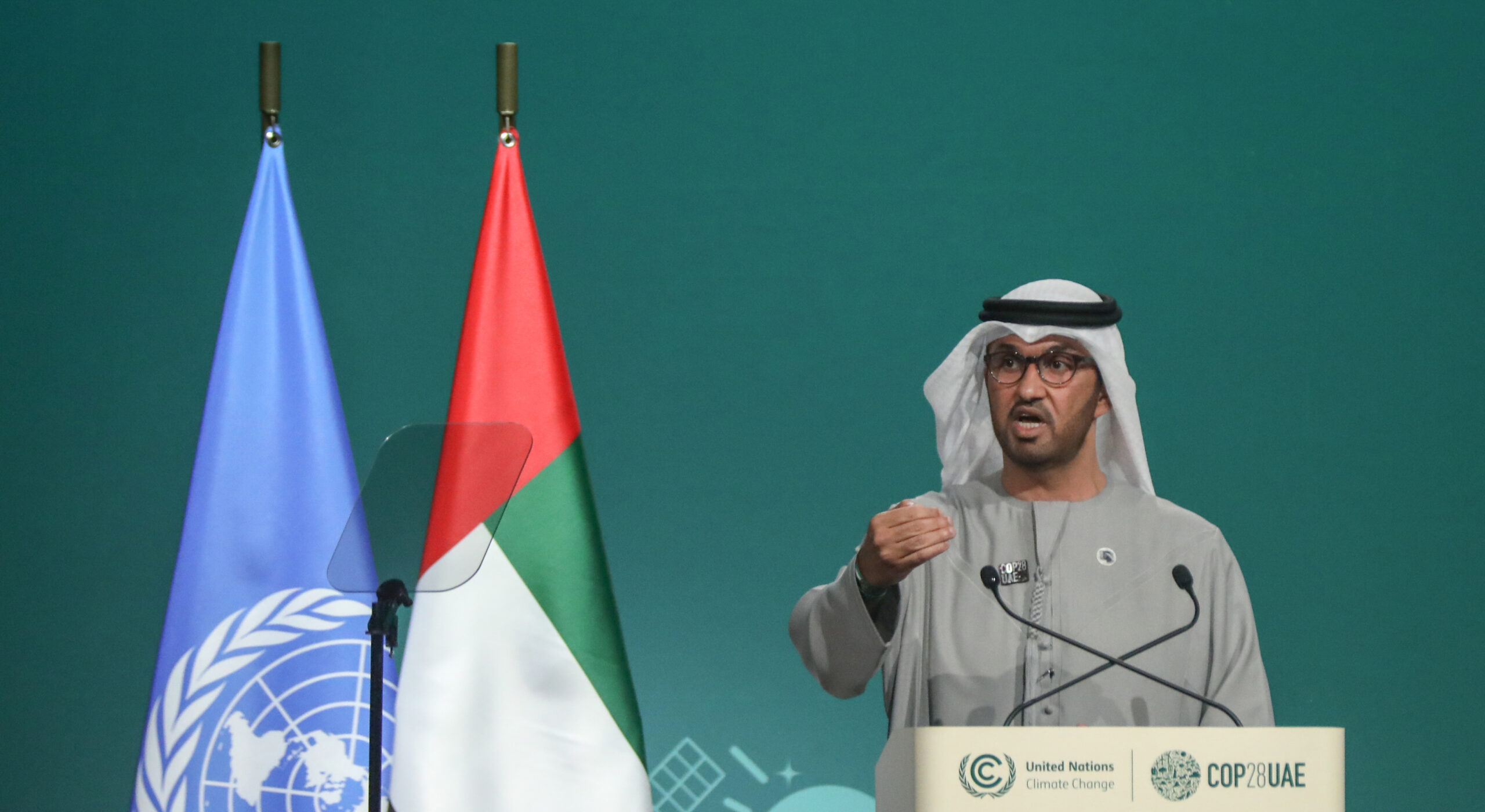A rapid shift to clean energy requires managing disruptions to global power dynamics and new instability risks, according to Dragonfly's strategic intelligence manager Matt Ince and the Center for Climate and Security's director Erin Sikorsky in Lawfare
Every time UN Secretary-General Antonio Guterres speaks about the climate crisis, he ups the ante with his admonishments—and rightly so. In September, when he said “humanity had opened the gates of hell,” it was at the end of a summer of unprecedented flooding, including in Libya, China, and the United States, and record-breaking fires in Canada and across European Union nations. Persistent heat waves have also raised temperatures above human survivability in some parts of the world, as well as triggering agricultural productivity losses and higher food prices across several regions. The summer of 2023 was the warmest on record, and multiple reports released ahead of the UN Climate Change Conference in Dubai (COP28) warned of immense costs to human livelihoods and economic security by the end of the century if action is not taken.
Against this backdrop, the urgency of the need to transition to clean energy has never been more apparent. Staving off such impacts demands a rapid reconfiguration of the global energy system—a challenge that was at the heart of the COP28 negotiations. Global fossil fuel demand, the International Energy Agency (IEA) has concluded, needs to fall by a quarter by the end of this decade to limit the rise in the global temperature to 1.5°C, while global renewable power capacity must triple.
But delivering change at this scale and within the required time frame also carries geopolitical risks, many of which are not being routinely accounted for by governments and businesses within strategic planning and decision-making. Such risks include a rebalancing of power among oil-producing states that favours those that can produce cheaper lower-carbon oil, an increase in leverage for states in the Global South that have large deposits of critical minerals, and growing cracks between the haves and have-nots over financing a clean energy transition. Each of these risks could lead to instability or even conflict in certain geographies.
Image: Sultan Ahmed Al Jaber, President of the UNFCCC COP28 Climate Conference, speaks during a plenary session on day thirteen (13 December 2023) of the UNFCCC COP28 Climate Conference in Dubai, United Arab Emirates. Photo by Fadel Dawod via Getty Images.




